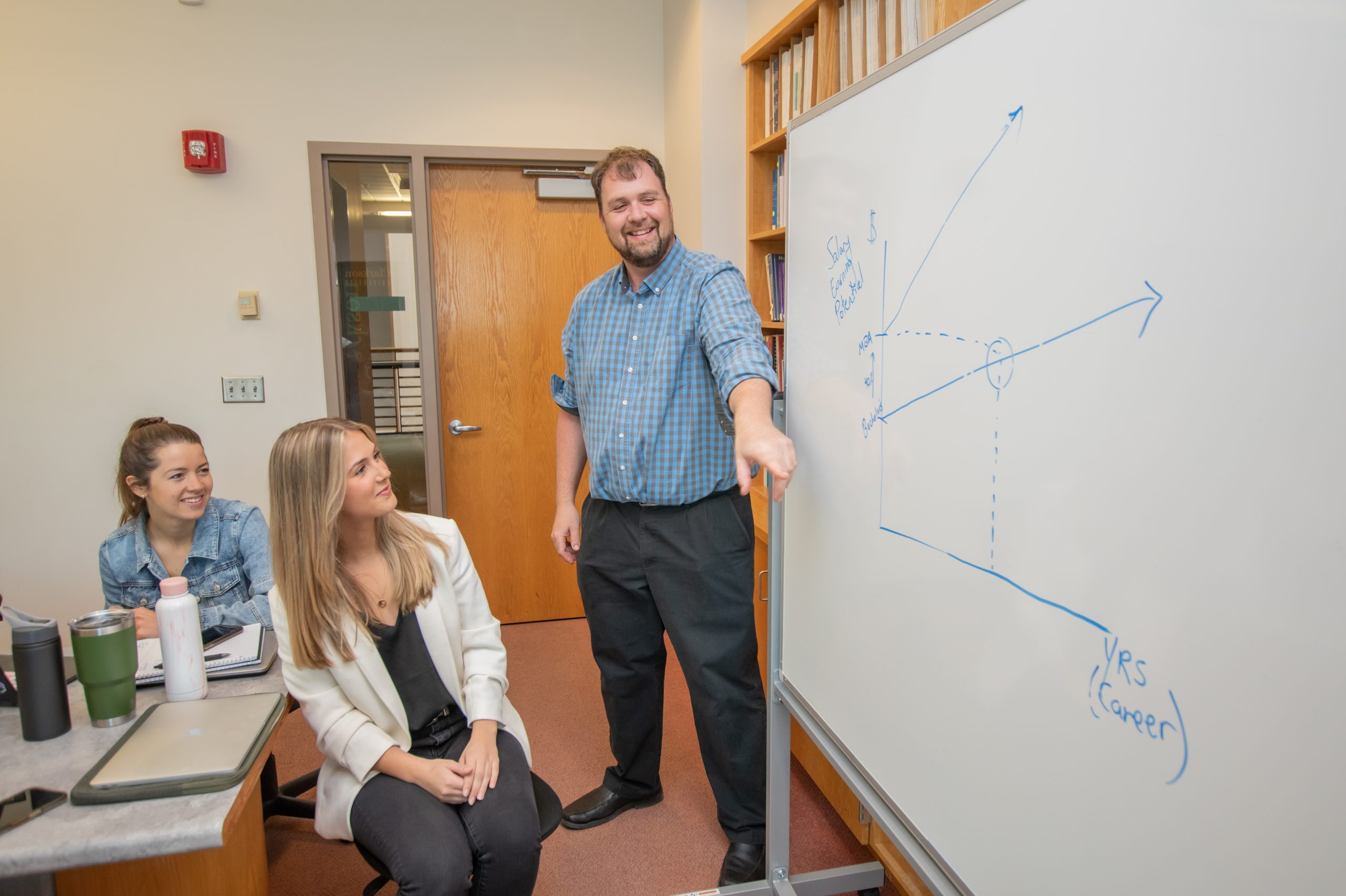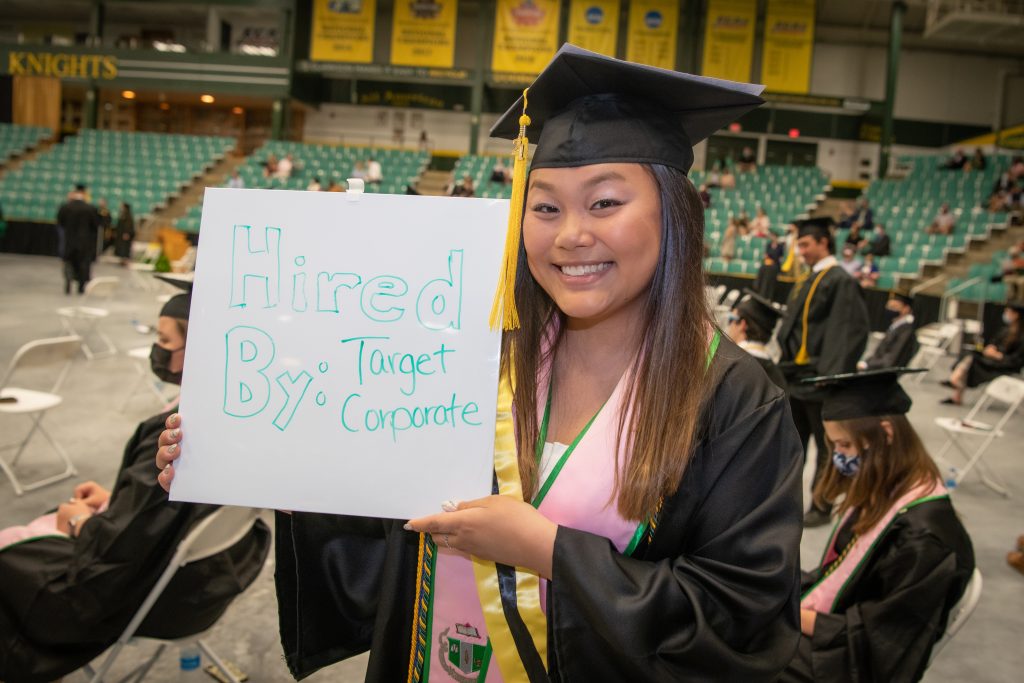Most graduate programs require two or three letters of recommendation. You see that in the instructions and freeze. Questions may overwhelm you. Who do I ask? How should I ask? How early should I get started? To answer these questions, here are six tips for securing strong recommendation letters for graduate school.
Get the right balance
First, closely read recommendation letter guidelines, as these can differ from school to school. Academic references are the most common and relevant source of recommendations since professors and faculty are the best prepared to talk about your academic or research capabilities in a particular field. Make sure that whomever you ask is able to speak about skills that directly relate to the graduate program to which you are applying.
Getting recommendations from a variety of people who are familiar with your different strengths is a good strategy. For instance, you may have a professor who is familiar with your research and academic abilities, but your boss from your internship can attest to the strength of your work ethic and character. Providing letters from both of these individuals paints a holistic picture of your strengths, rather than letters from two professors with whom you have done research.
If you are applying to a research program; such as physics, chemical engineering, or mathematics, focus on academic references, as former professors would be intimately familiar with your research abilities. For applicants who have been working in a research-related or research-adjacent field, we would encourage you to have a direct supervisor as one of the references. This holds true for graduate programs that are professional in nature, like an MBA or other career-advancing degree; for them, the balance of recommendations may be different, including more supervisors and mentors than exclusively former professors. As a rule of thumb, if possible get all recommendations from former professors. If needed, go for a balance of two academic and one professional recommendations.
Still unsure about your choices? Call the graduate admissions office to ask about preferred and acceptable recommendation types, since this can vary. When looking for advice online, make sure to find reputable organizations; take what you read on discussion boards with a grain of salt. You can also try asking someone with who already holds the advanced degree you are pursuing.
Your References Don’t Find You, You Search For Them
Before starting to work on the graduate school application, think about professors and mentors, as well as internship and professional supervisors who most influenced you during your undergraduate college career. Additionally, review your transcript and reflect on your most interesting and successful courses. Are they related to your future graduate study goals? Will the professors who taught those courses remember you when you reach out?
In addition, are these individuals familiar with your abilities and will they be willing to write a Letter of Recommendation for you? Will they be able to explain your skills, experiences, academic and research abilities, to the admissions committee? The answer to all of those questions should be “yes.”
If you have been out of school for some time, connecting with undergraduate professors may not be a viable option, as some professors may have moved on to other institutions or retired. If this is the case, you should look to your professional network and the individuals who are most familiar with your work; preferably supervisors, department directors, or if it is a small organization, the owner.
One thing to keep in mind: It is important the individuals you identify to write those recommendations are in some way related to the program of study you are looking to pursue.
In the end, create a list of three to five credible people who you believe will be able to write you an exemplary recommendation.

Contact Them To Request A Recommendation
Start early! Don’t find yourself a few months from the application deadline and realize you should have made more of an effort to form better relationships with your references. Draft an email to the three to five people you have identified and inform them about your plans to attend graduate school. If it has been several years since you graduated, there is a chance they may not remember every detail about you. Therefore, start your email by re-introducing yourself and include information like the semester, year, subject, and class(es) you took.
MBA student staged photoshoot with Josh Lafave in the Snell MBA study room. 5/5/22 Connor Frasier
Many recommenders find it helpful for you to provide a copy of your resume and your statement of purpose when they prepare their letters. An up-to-date resume ensures that the details your recommender uses will match other information in your application. The statement of purpose gives them a sense of your goals, which they can reinforce and provide examples to support. A transcript can also prime your recommenders’ memory. Also, now may also be a good time to reconnect on LinkedIn, if there are people on your shortlist who are not already in your contacts.
Email three of the five people you shortlisted. Keep the two remaining people as your backups to use later if one of the top three references does not respond. Remember, for the recommendation, your references will need to know your academic and/or research record and capabilities, career ambitions, and character. They should feel comfortable and know you well enough to vouch for you.
Write a Persuasive Request Email
When writing your email requesting support, be sure to include the following:
A summary of your plan and professional or research goals
This short paragraph should describe your future research and/or professional goals. Make sure they align with the graduate program you are applying for.
University name and link to the department and program you are applying to
Knowing the school you want to attend and what your goals are will help your references highlight your skills that best align with the stated goals of the program.
Transcript
Resume
After you send the email, allow at least two weeks for a response. If you have sent your request to a professor, keep in mind the time of year you have written. If it is the beginning of the semester or end of the semester, they could be extremely busy.
If you do not receive a response within two weeks, resend your email and wait for another week this time. If there is still no response, send an email to one of your backup people.
When to Ask
It is always a good idea to request your recommendation letter(s) at least six weeks before the application deadline. Some professors may need more time, so you should consider the academic calendar when thinking about the best time to request recommendation letters. This will provide your recommender plenty of time to write a thoughtful letter without feeling too rushed.
Clarkson University and many other institutions allow recommenders the option to upload their letter directly to the application file. In this instance, make sure to email your references directly after entering their contact information into the application. In this email, thank them again for agreeing to write the recommendation and inform them that they will receive an invitation to upload the recommendation directly to your file.
Make recommenders part of the process
After your references submit their letters, remember to thank them for their time and effort. In addition, update them once you receive your decision notifications and where you have decided to enroll. They will be thrilled to know your good news.


